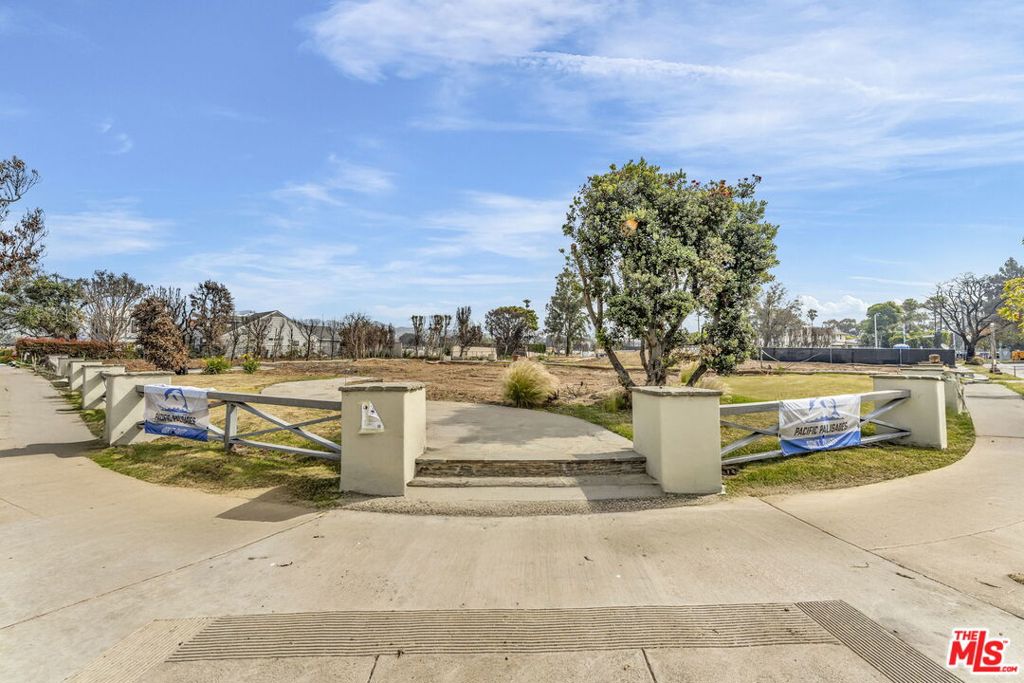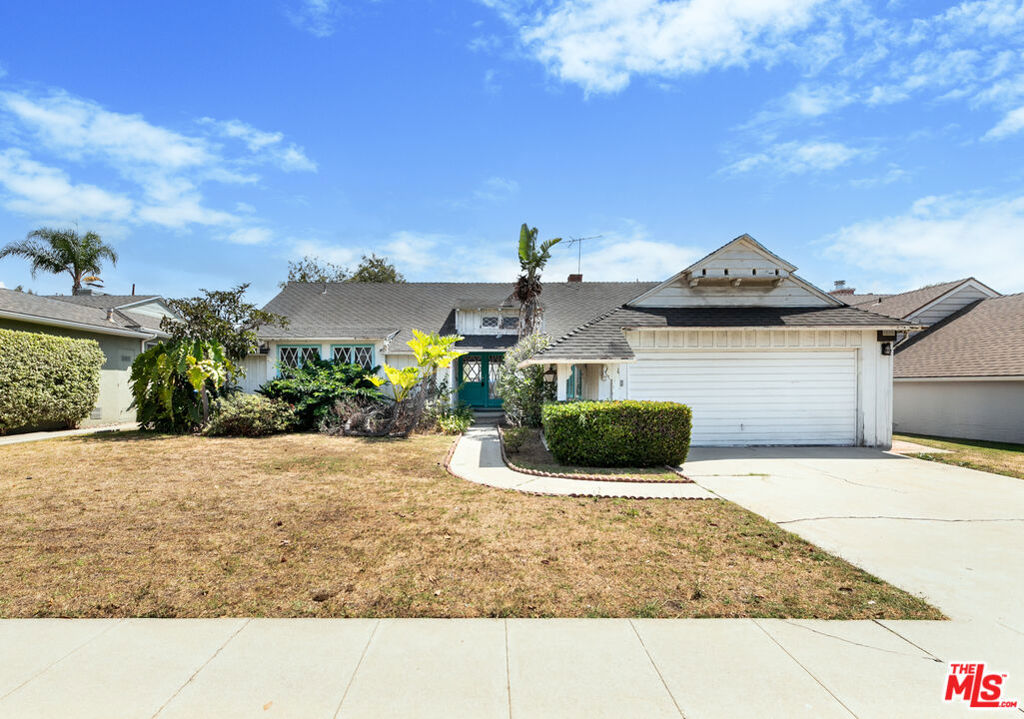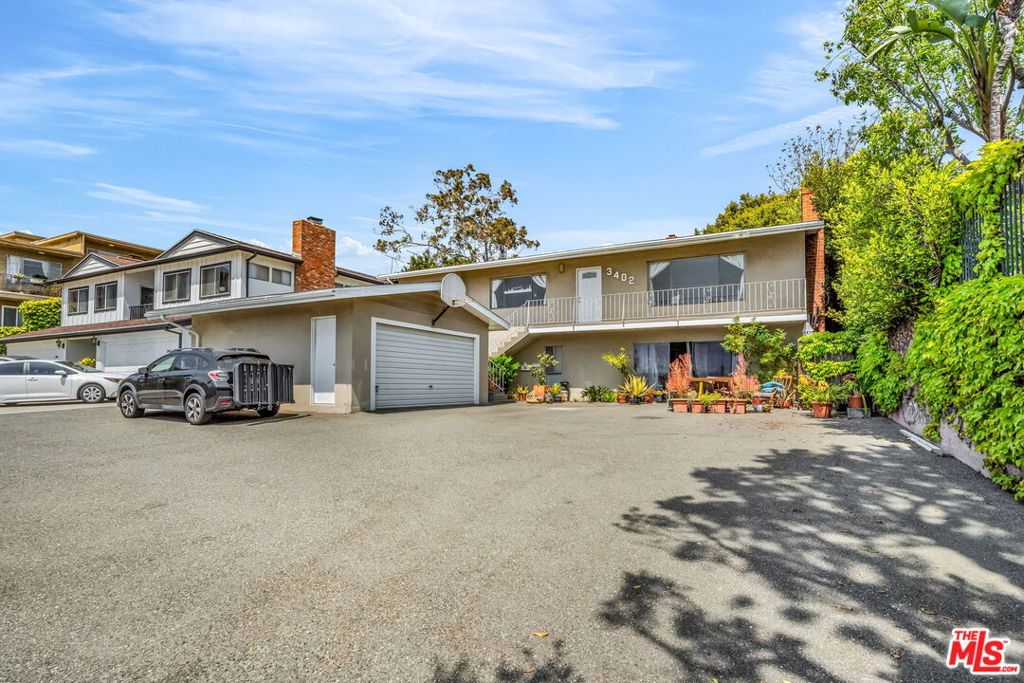One of life's greatest tragedies is losing a loved one, especially if the deceased was the primary breadwinner. In addition to the heartache, there is often a long and convoluted process that must take place in order to transfer property and assets to the surviving family members. When a living trust is not in place, the transfer is only possible through probate.
What does probate mean?
The word probate makes its rounds in the real estate industry and legal system frequently. It entails the following:
- Establishing if a will exists and if it’s valid
- Determining the decedent’s heirs or beneficiaries
- Calculating the worth of the decedent's estate, which is the total assets minus outstanding debts, taxes, and pending expenses
- Transferring the decedent’s estate to the beneficiaries
Probate proceedings are very complicated and emotionally stressful. Many can be time-consuming, generally taking 9 to 18 months — sometimes even longer, depending on the particular case. This process is best handled by an experienced probate attorney.
The probate process in Los Angeles
In Los Angeles, probate follows California's state laws and regulations. One of the biggest myths about probate is that it is unnecessary if there is a will. This is not entirely true. Certain conditions must be met for a property to be inherited without probate, with the most common being the total value of the property at $166,250 or less. However, there are several scenarios where a property can be transferred to the beneficiary's name without probate.
Transfer on death (TOD) deed
The transfer on death (TOD) deed concept was introduced in California in 2016 through AB 139. It allows an individual to transfer their real estate property to one or more designated beneficiaries upon their death without probate. However, as already stated, the property in question must be $166,250 or less in value. For a TOD to be effective, the property must be residential and must contain four or fewer residential units. If the property in question is a single-family home, it must be built on 40 acres or less.
Joint tenancy
A property may not need to go into probate if two or more people own a property as joint tenants. In such a case, if one tenant dies, the remaining tenants are allowed to transfer the property into their names without going through probate. However, many intricacies of this law can eventually lead to probate, so it's important to consult a probate attorney.
Living trusts
If a property is transferred into a trust during the owner's lifetime, it becomes a trust property. Upon the owner's death, the property is distributed according to the terms and provisions of the trust and without probate. However, the living trust must be properly drafted; failure to do so will result in an invalid living trust, and probate will be necessary to transfer the property.
Steps involved in the Los Angeles probate process
There are six steps that must be taken to complete probate in Los Angeles, California.
Filing of petition and appointment of administrator or executor
The groundwork of probate begins after the demise of the decedent. At this time, the custodian of the will must take the original will to the probate court clerk’s office within 30 days of the homeowner’s death. The custodian is also required to send a copy of the will to the executor, who is named in the will, or to a beneficiary if the executor is not available.
If there is no will, but probate is required, the court appoints an administrator to manage the estate of the decedent under its supervision until the transaction is settled. After this, the executor or administrator will file the petition, and the probate clerk will set a hearing date.
Notice to anyone with a right to the estate, including beneficiaries and creditors
Once the petition is filed and a date is set, a notice of the hearing date is sent to anyone with a right to the estate. These individuals can include beneficiaries and creditors, if any. Surviving family members who were left out of the will are also notified of the hearing date, enabling them to make a claim of the estate if they so desire. Any interested parties may also file a request to receive a copy of the notice and make a claim of the estate if they feel entitled.
Proving the validity of the will and finding out the decedent’s heirs or beneficiaries
At the hearing date, the will and any related documents are presented to the probate court. Individuals who were notified are then allowed to present their claims. The probate judge will take testimony from witnesses and anyone involved in the estate. After this process is completed, the court makes its ruling on the validity of the will and who will inherit the property.
Taking inventory of the assets and appraisals
The executor or administrator will then take an inventory of all the deceased’s assets. They are allowed to consult professional appraisals when necessary to ensure an accurate valuation of the estate.
Taking inventory of the debts, expenses, and taxes
The executor or administrator will also take an inventory of all the decedent's outstanding debts, taxes, pending expenses, and other liabilities. These liabilities must be met before distributing the remaining estate to the beneficiaries.
Distribution of remaining assets to beneficiaries named in a will
Upon the successful settlement of all liabilities, the remaining assets are then distributed in accordance with the will or California's intestate succession laws.
Let experts handle your probate real estate sale
The CREM Group is a renowned real estate brokerage focusing on probate real estate in Los Angeles and Orange County. Their extensive experience in processing probate real estate properties has made them one of the area's top probate real estate brokerages. Their unmatched knowledge, experience, and skills make them your perfect guide through the process and ensure you receive a fair price for your court-supervised property. Contact The CREM Group for expert help with selling your California probate real estate.



